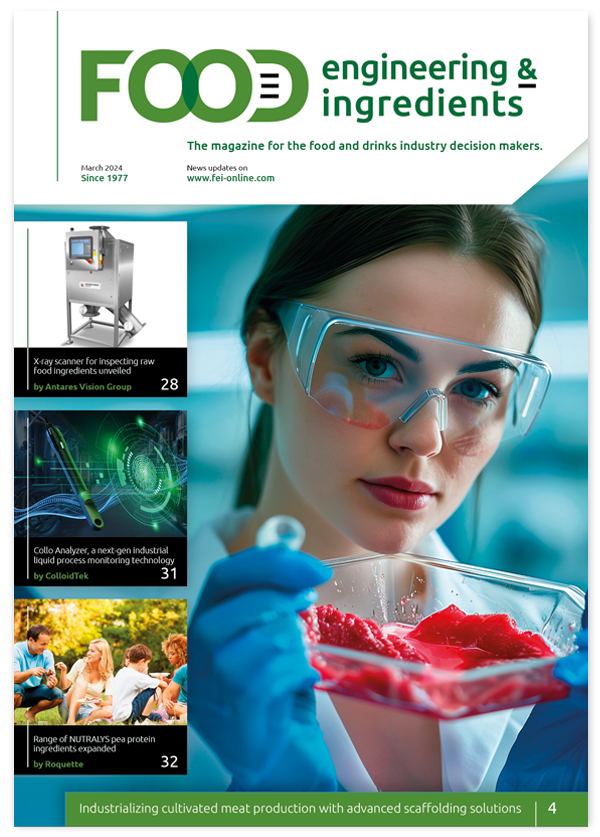Nutritional labelling and an opportunity for food manufacturers
Over the past two decades, nutritional labelling on food packaging has become increasingly important from a customer and a consumer perspective. It’s clear that consumer sentiment around improving health coupled with a food industry desire to support that agenda have combined to catalyse change.


